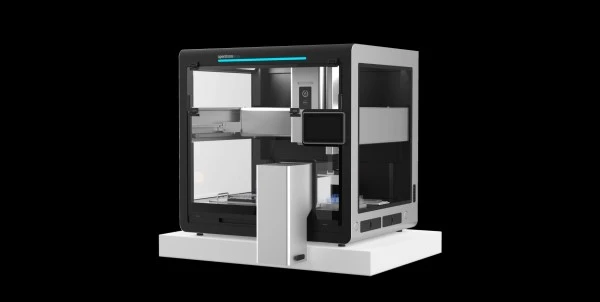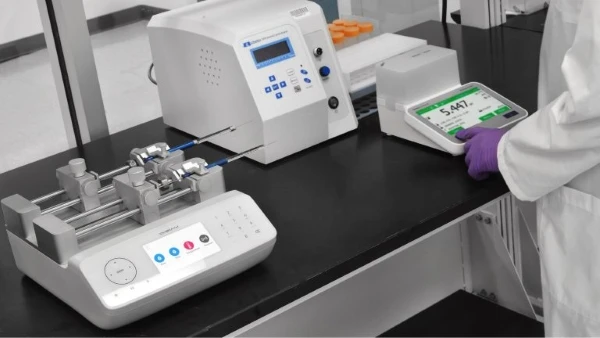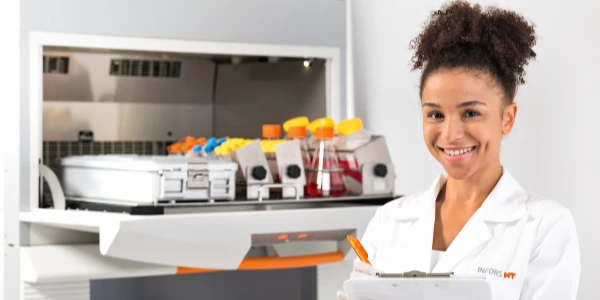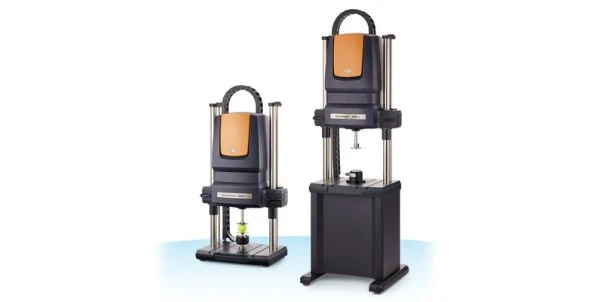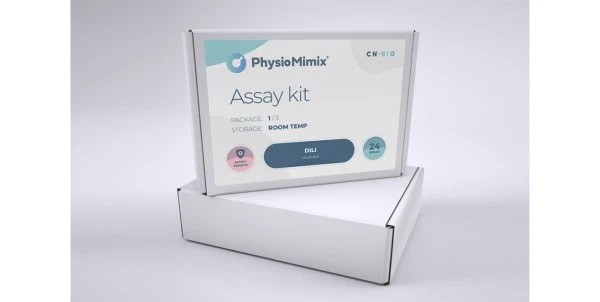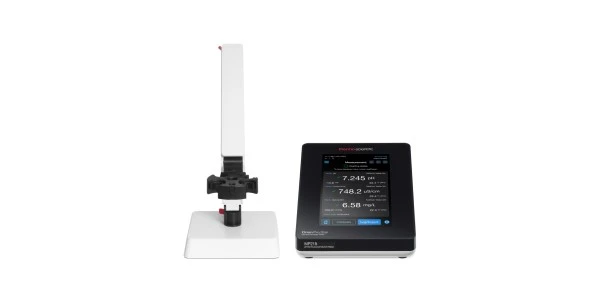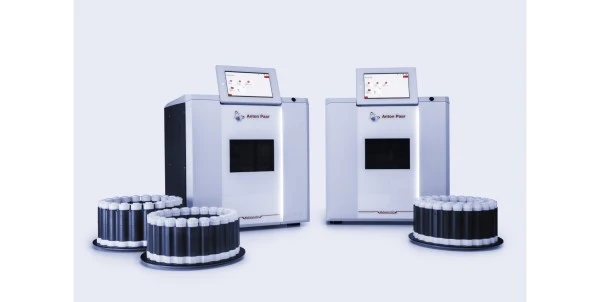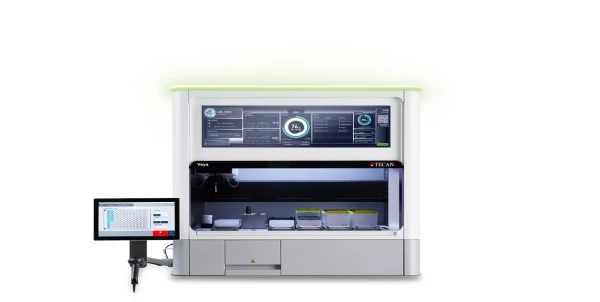
A Coming of Age for Clinical LC-MS Mass Spectrometry
The promise has been on the horizon for some time -- the universal adoption of mass spectrometry for clinical diagnostic applications. The strengths of this technology for clinical use are obvious, however critical barriers have prevented the widespread implementation of what many have hailed as the next frontier for the mass spectrometry industry. The year 2017 has seen the launch of several breakthrough clinical LC-MS platform technologies -- hatching excitement for new areas of clinical exploration and anticipation for what is to come.
It can be thought of as ‘the chicken or the egg’. LC-MS has not seen widespread use to this point in the clinical lab because:
- The instrumentation is not there and is cost prohibitive to acquire.
- The instruments and methods are complex and require special staff to operate.
- There are no FDA-approved LC-MS clinical tests.
The first is not entirely true. LC-MS instruments have been used in the clinical lab for some time. Laboratory Developed Tests or LDTs involve methods and validations designed to adhere to clinical guidelines such as CLIA, and have been used to this point for everything from vitamin D to nicotine to testosterone analysis.
- These LDTs, however, are clinical lab specific and can be costly due to the specialized nature of the equipment and the operator required.
- Furthermore, large reference labs to this point have not invested nor offered LC-MS tests en masse due to the fact that they are significantly more costly than existing immunoassays and other chemistry analyzer tests.
That’s the chicken’s story – what about the egg?
- FDA approval requires a device to exhibit superior performance metrics, which include large cohort reference intervals, in addition to accuracy, precision, and routine validations.
- In order to achieve these marks, the technology and the method workflow must be designed to handle the rigor and performance necessary for the clinical lab environment – which can include high throughput rapid analysis of hundreds of samples per day.
- For implementation in the clinical lab, the instrumentation needs to be simple to operate and maintain.
In the end, the quality of the data must be sufficient to assist diagnosis – which is the ultimate true measure of clinical value. To face these challenges, several new technologies have emerged in 2017 – proving once again that in science, where there’s a will, there’s a way.
A significant development in 2017 was the launch of the first FDA-approved Vitamin D assay kit from Sciex. Debuted at ASMS, The Topaz system is a Class 1 Medical Device and is the first integrated LC-MS/MS system that has achieved FDA approval for it's Vitamin D assay IVD.
Sciex states that the platform features intuitive Clearchoice MD software and comprehensive training programs, making for easy adoption by a wide range of clinical operators and experience levels. Furthermore, the Topaz system and Vitamin D assay can be quickly operational, saving start-up time and costs as well as long term turnaround time and efficiency.
It will be interesting to see which additional tests secure FDA approval in the wake of the Vitamin D assay kit. This development goes a long way towards bringing LC-MS technology into mainstream clinical implementation.
2017 also saw the launch of a breakthrough LC-MS technology from Thermo Fisher. The Cascadion analyzer is designed to be run by clinical technicians that simply load samples and walk away, leaving the device to sort and analyze using a host of methods.
An innovative feature with this platform is, unlike typical LC-MS clinical analyzers which are set up to run a batch of samples using a single method, the Cascadion can theoretically run a number of tests with any number or order of samples. It accomplishes this by the use of bar codes affixed to samples to instruct the device which test to run – freeing up the technician for other activities in the lab.
Methods for a variety of clinically relevant analytes are either available or under development and, although neither the kits nor the Cascadion itself have received regulatory approval, European approval is anticipated in 2018.
Another innovative release for 2017 comes in the form of the QSight 210 MD system from Perkin Elmer. This system is designed to provide routine high throughput quantitative results in the clinical setting through the capability to run hundreds of samples per day. The new MS/MS technology provides a complete workflow allowing maximized throughput for applications including neonatal screening and other important uses.
Several Waters device platforms received regulatory approval by Brazil’s National Health Surveillance Agency (ANVISA) for in vitro diagnostic use. These include the Acquity UPLC and UPLC I-Class systems, as well as several mass spectrometers including: the Xevo TQD, Xevo TQ-S micro, and Xevo TQ-S. The company states that this provides Brazil’s clinical labs with superior LC-MS technologies for analysis of diagnostic indicators in laboratory-developed tests.
As a major player, Shimadzu has made great strides to this point in the area of clinical lab LC-MS instrumentation and solutions. The company currently has a catalog of devices which are classified as Class 1 Medical Devices including the LCMS-2020 CL single quad and the LCMS-8040 CL, LCMS-8050 CL, and LCMS-8060 CL triple quad platforms. Stated objectives of these CL Series offerings are to deliver maximum performance resulting in reproducible and reliable data, while reducing analytical run time to improve work efficiency. In other words, technology designed to enhance and accelerate clinical lab operations.
The MS industry has made great progress and inroads to the clinical diagnostics markets. 2017 was a benchmark year in bringing not only instruments but FDA-approved tests into reality. Next steps will include bringing several FDA-approved tests together on a single instrument platform, which in turn will require integration of technologies and expertise across the field. These are necessary processes to increase test capabilities and decrease costs, thereby powering a brilliant future for widespread LC-MS implementation in the clinical space.
